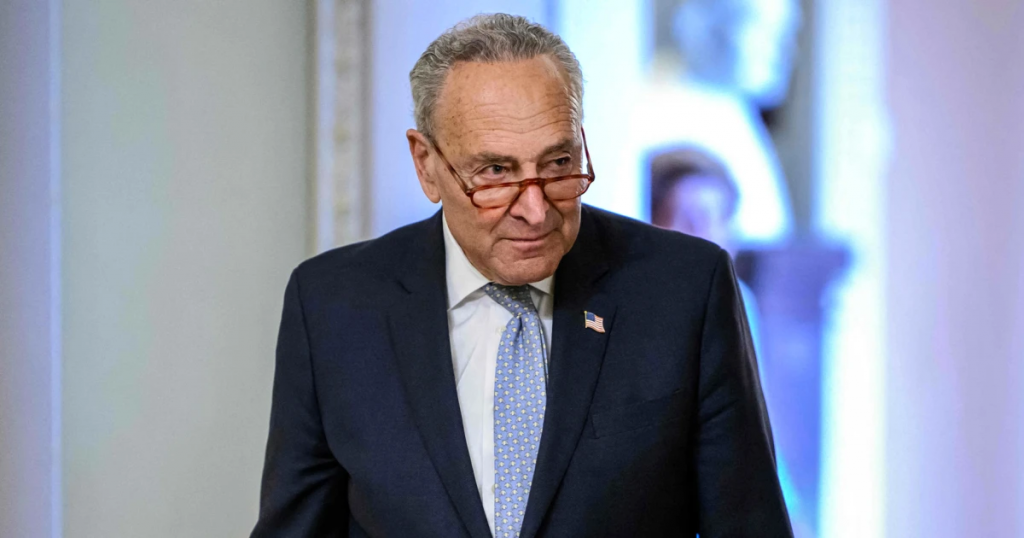Prominent figures in the technology sector, including Elon Musk, Mark Zuckerberg, and leaders from various major companies, are set to convene at the Capitol for a series of policy forums aimed at discussing the regulation of artificial intelligence.
The initiative, aptly named the “AI Insight Forums,” is orchestrated by Senate Majority Leader Chuck Schumer, a Democrat from New York. The primary focus of these forums is to deliberate upon strategies to effectively regulate the rapidly advancing field of artificial intelligence.
Joining Musk and Zuckerberg are an array of high-profile chief executives, such as Satya Nadella from Microsoft, Sundar Pichai from Alphabet (Google’s parent company), Sam Altman from OpenAI, Jensen Huang from NVIDIA, and Eric Schmidt, the former CEO of Google. Their participation reflects a collective acknowledgment of the urgency to discuss AI’s role in society and the need for regulations to ensure its responsible development and deployment.

The forums, slated to begin with a closed-door gathering on September 13, will involve tech industry giants and representatives from advocacy groups, civil rights organizations, worker associations, and creative entities. This diverse participation underscores the multifaceted impact of AI across various domains, from labor markets to social discourse.
The rationale behind these forums is to establish a foundational dialogue that will aid lawmakers in crafting legislation concerning AI. While AI holds immense potential for positive transformation, it also brings forth concerns about job displacement, disinformation campaigns, and interference in democratic processes. Schumer’s aim is to harness the insights generated from these forums to shape informed regulations that balance AI’s potential benefits with its associated risks.

Schumer’s approach, however, has attracted attention and some skepticism, as legislative processes in the Senate typically evolve through committees of jurisdiction. Despite the reservations, Schumer’s unconventional approach seeks to expedite the legislative process by synchronizing the insights garnered from the forums with the work of relevant committees.
While critics question the parallel approach, supporters argue that the urgency of AI’s impact necessitates a collaborative effort to produce timely and effective regulations.


